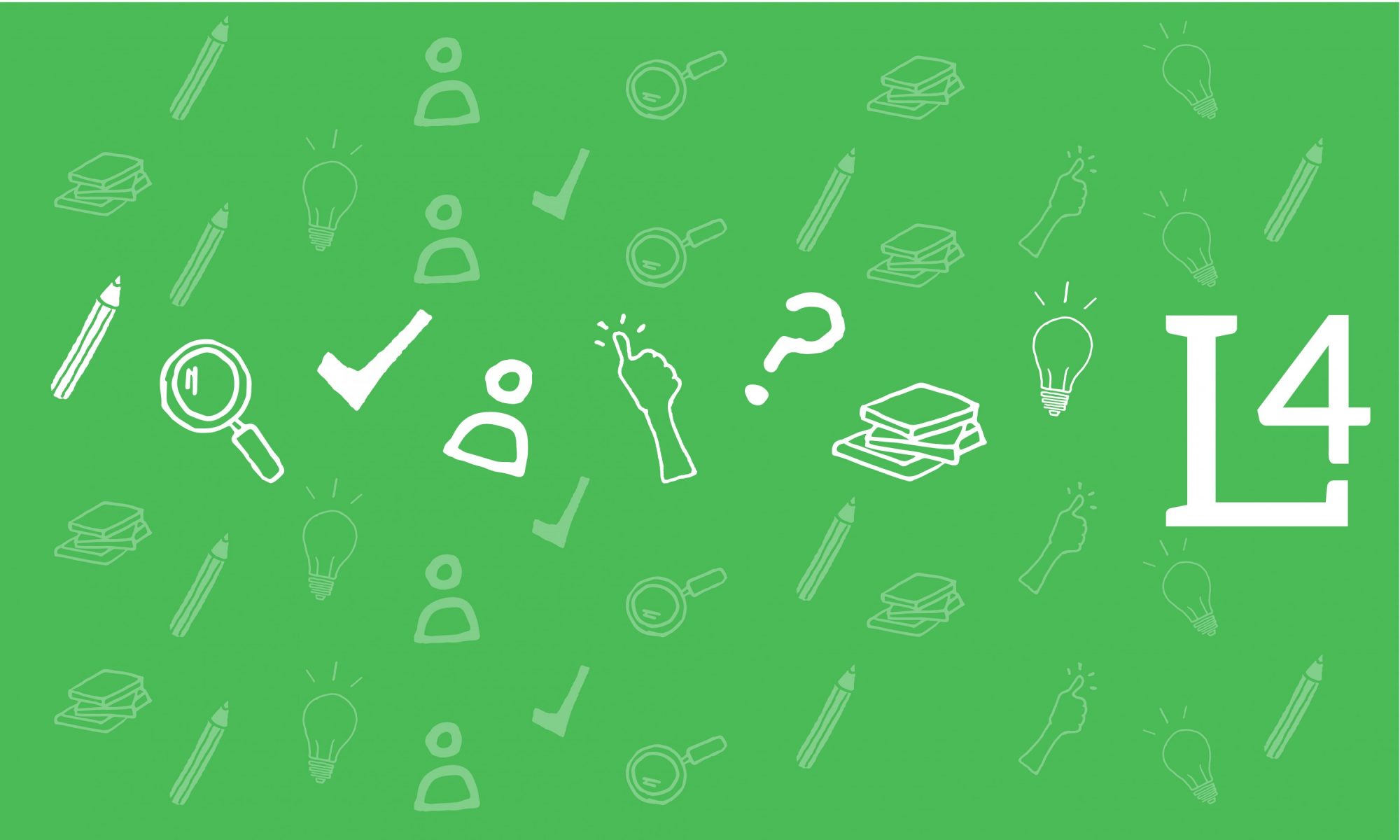Discussion on the newly discovered Salivary Gland
Khrystyna Vyprynyuk
Dental Hygiene
DEN 1112 Oral Anatomy
Activity Description: Provide a brief description of the activity
The activity is a discussion board assignment. Students enrolled in the DEN 1112 Oral Anatomy course are learning about multiple organ systems in the context of how they relate to the Head and Neck anatomy, dental anatomy, and the practice of a dental hygienist. The discussion topic is on the newly discovered salivary gland.
Learning Goals: What do you aim to achieve with this activity?
The goal of this activity is to promote student engagement by improving their reading skills. However, by participating in this activity students will also be incorporating their writing, information literacy, and teamwork skills.
Timing: At what point in the lesson or semester do you use this activity? How much classroom time do you devote to it? How much out-of-class time is expected?
This activity will be incorporated mid-semester as one of the homework assignments. Minimal classroom time is devoted to this activity, only enough time to go over the assignment, expectations, and technicalities (10 minutes). Students are expected to spend 2 to 3 hours out-of-class time over the course of 2 weeks to complete this assignment.
Logistics: What preparation is needed for this activity? What instructions do you give students? Is the activity low-stakes, high-stakes, or something else?
The activity is presented as a low-stakes assignment (4% of the total course grade). In preparation for this activity, students will read a chapter in the course textbook on Glandular Tissues and attend the lecture presentation on the same topic. Additionally, students will be required to read the assigned article "The tubarial salivary glands A potential new organ at risk for radiotherapy" https://www.thegreenjournal.com/article/S0167-8140%2820%2930809-4/fulltext.
The assignment consists of two parts. In the first part, students are instructed to summarize the article in at least 500 words and answer two or more of the following questions. The main post should include at least two references. One of the references should be from the article provided, additional references can be from any other scholarly article on this topic.
Questions:
1. Name one of the reasons why this mysterious gland has not been noted until now?
2. How would you classify this newly discovered gland and why?
separate organ
major salivary gland
minor salivary gland
3. What will this discovery mean in terms of sciences such as head and neck anatomy, oral pathology, radiology, or oncology?
In the second part of the assignment, students are asked to respond to at least 2 (each response is 25 points) of their classmates. A quality response should have at least 200 words. A short phrase, such as "thank you" or “good post”, will not be accepted as a quality response. Explaining why students agree or disagree with their classmates should be presented in a cordial and professional manner.
All posts are going to be available on the Open Lab course site. Incorporating open educational resources during this assignment allows students attending different sections of the same course to participate in the same assignment, which enhances collaboration and student communication.
Assessment: How do you assess this activity? What assessment measures do you use? Do you use a VALUE rubric? If not, how did you develop your rubric? Is your course part of the college-wide general education assessment initiative?
The assignment is graded as follows: main post 50% of the grade, replies to the classmates 50% (25% each). Since the target of this assignment is to evaluate students’ reading comprehension, the VALUE rubric on reading assessment will be used to grade the main post. I believe the course is not part of the college-wide gen ed assessment initiative. Despite the main SLO of this assignment being reading, other SLOs such as writing and information literacy are also evident in this assignment.
Reflection: How well did this activity work in your classroom? Would you repeat it? Why or why not? What challenges did you encounter, and how did you address them? What, if anything, would you change? What did students seem to enjoy about the activity?
This activity has been presented in a similar format during the Fall 2020 and Fall 2021 semester. It has since been modified and improved and has not yet been implemented in the new format. I am looking forward to implementing this activity in a new format, specifically on the Open Lab platform, the use of open educational resources will allow students from multiple course sections to interact with one another, develop new networking skills, and improve communication. In the past, the challenges that had been encountered were mostly due to students not following the instructions and in some cases forgetting to provide responses to their classmates. This has been modified by adding clarity to the instructions and providing clear breakdown of points distribution. I will definitely add a detailed grading rubric that would allow for more constructive feedback, incorporate main assessment points from the VALUE rubric. Students stated that they enjoyed discussion board post as a writing assignment that incorporated aspects of informal communication, allowed them to voice their opinion towards their classmates ideas in a professional manner, and that it is slightly different that what they had been assigned in the past.
Additional Information: Please share any additional comments and further documentation of the activity – e.g. assignment instructions, rubrics, examples of student work, etc. These can be links to pages or posts on the OpenLab.
One of the students was able to submit her work from a previously incorporated assignment to the CityTech Writer journal, which was selected for publication in the CTW vol. 16
Please share a helpful link to a pages or post on the OpenLab



